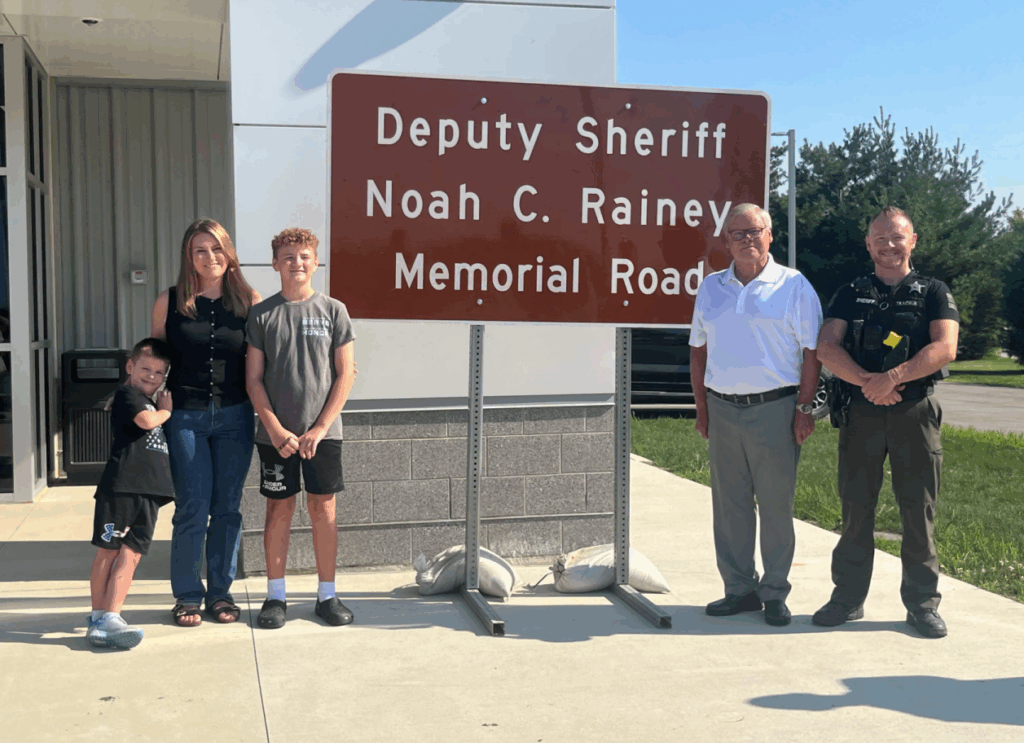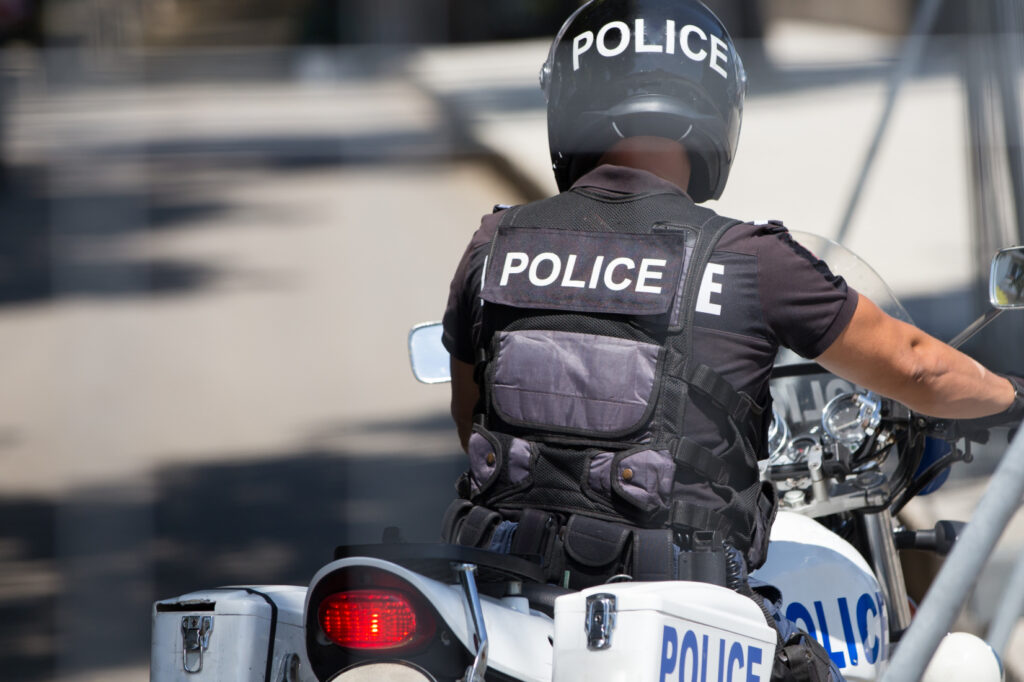Arizona’s Wildfire Policy Under Fire: Local Crews Shut Out, Costs Skyrocket
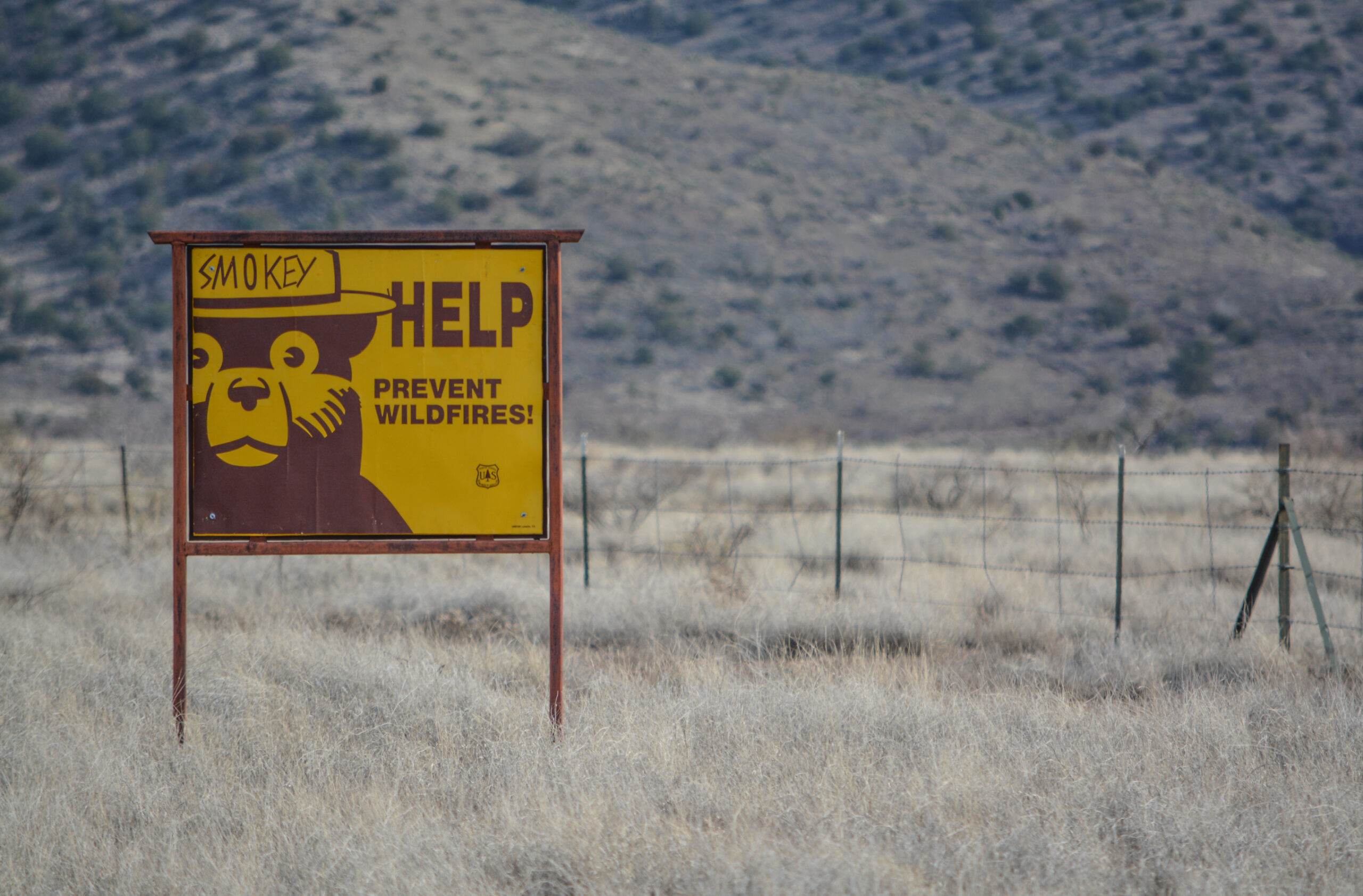
With wildfire season intensifying across the Southwest, State Representative Walt Blackman is sounding the alarm over what he calls a dangerous and costly mismanagement of Arizona’s fire response system. In a direct appeal to Governor Katie Hobbs, Blackman is demanding immediate reforms to wildfire dispatch protocols that, he says, unfairly sideline Arizona’s local contractors in favor of pricier, out-of-state firefighting resources.
“Arizona’s fire seasons are getting longer and hotter,” said Blackman, who chairs the House Government Committee. “We should be using every trained and equipped engine in the state—but instead, we’re bypassing local crews and importing more expensive resources from out of state.”
According to dispatch logs cited by Blackman, Arizona-based private wildfire contractors—many of whom invest tens of thousands of dollars annually to keep engines staffed, certified, and response-ready—are frequently marked as “Contractors Not Acceptable.” This designation effectively blocks them from even being considered for deployment. Meanwhile, agencies continue to bring in engines from other states like Colorado at significantly higher rates—sometimes as much as $1,400 more per engine.
The financial disparity is striking. Blackman points out that out-of-state resources are costing taxpayers up to 40% more per unit while Arizona-based crews sit idle. “We’re paying more for less value,” he said. “Taxpayers are footing the bill, local businesses are losing critical work, and our fire response is being weakened in the process.”
Blackman warns that if the current dispatch practices continue unchecked, Arizona could see a wave of private wildfire contractors shutter their operations. That, he says, would leave the state dangerously under-resourced during peak wildfire season—a time when every available crew can make the difference between containment and catastrophe.
Beyond dispatch issues, Blackman is also calling for an immediate audit of Arizona’s wildfire response system to determine how and why contractor orders are being rejected. He’s raising concerns about potential misuse of the system or internal biases that favor cooperator agencies—publicly funded entities that, unlike private contractors, face little financial risk in staying operational.
Arizona Democrats have not issued a formal response to Blackman’s proposal. However, many have historically emphasized support for public firefighting agencies and emergency coordination through cooperative agreements. Whether they will back reforms aimed at elevating private contractors remains to be seen.
Adding to the frustration are restrictions embedded in contractor agreements—such as limitations on chainsaw use—that Blackman says were implemented without proper consultation from field professionals. These kinds of rules, he argues, only hamper the effectiveness of crews on the ground.
“Our fire contractors are experienced, well-trained, and committed to Arizona,” Blackman said. “They deserve a fair shot—and Arizonans deserve the best value and strongest response we can provide.”
The urgency of Blackman’s call comes at a time when wildfires continue to strain resources across the West. With increasingly volatile fire seasons and higher stakes for rural communities, the demand for reform has never been more pressing.
As pressure builds on the Hobbs administration to respond, the question remains: will Arizona take swift action to fix a broken system before the next major wildfire tests the state’s readiness?
RECENT
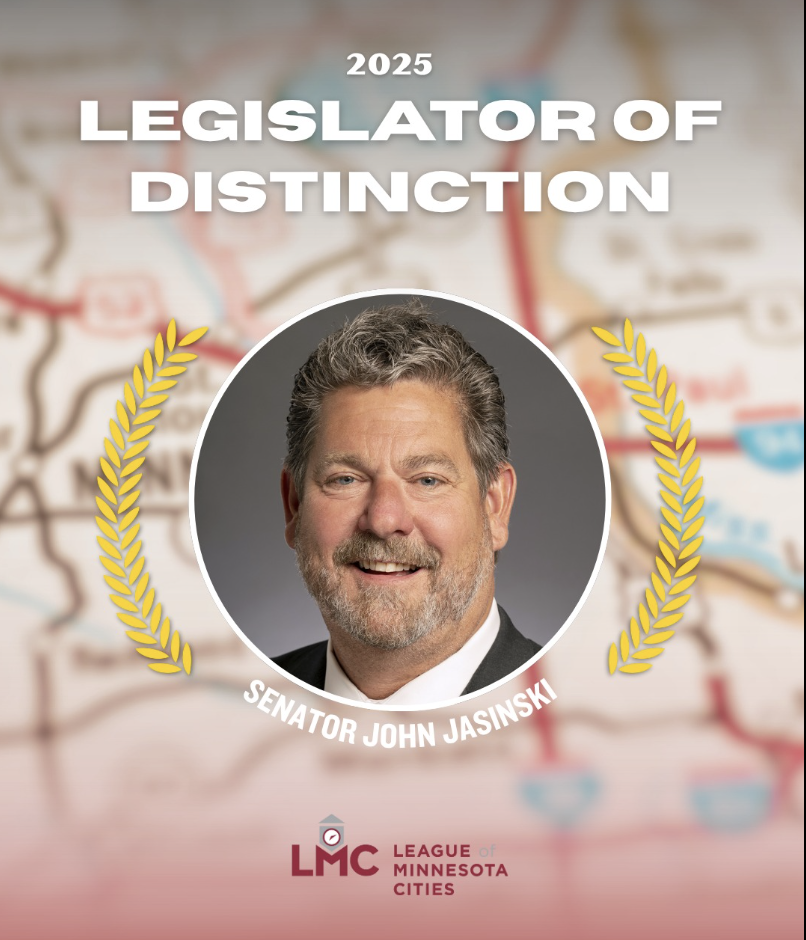
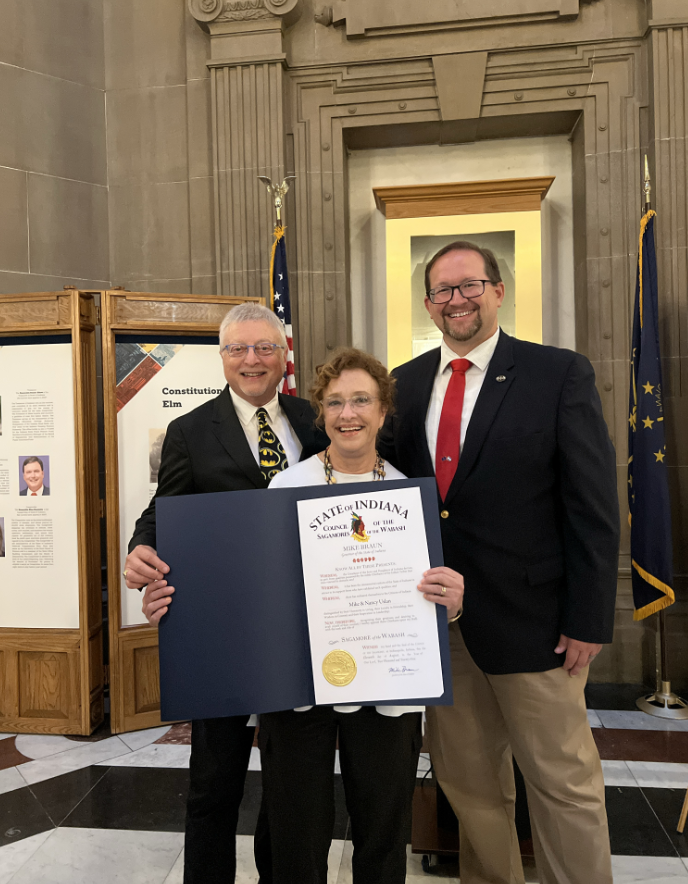
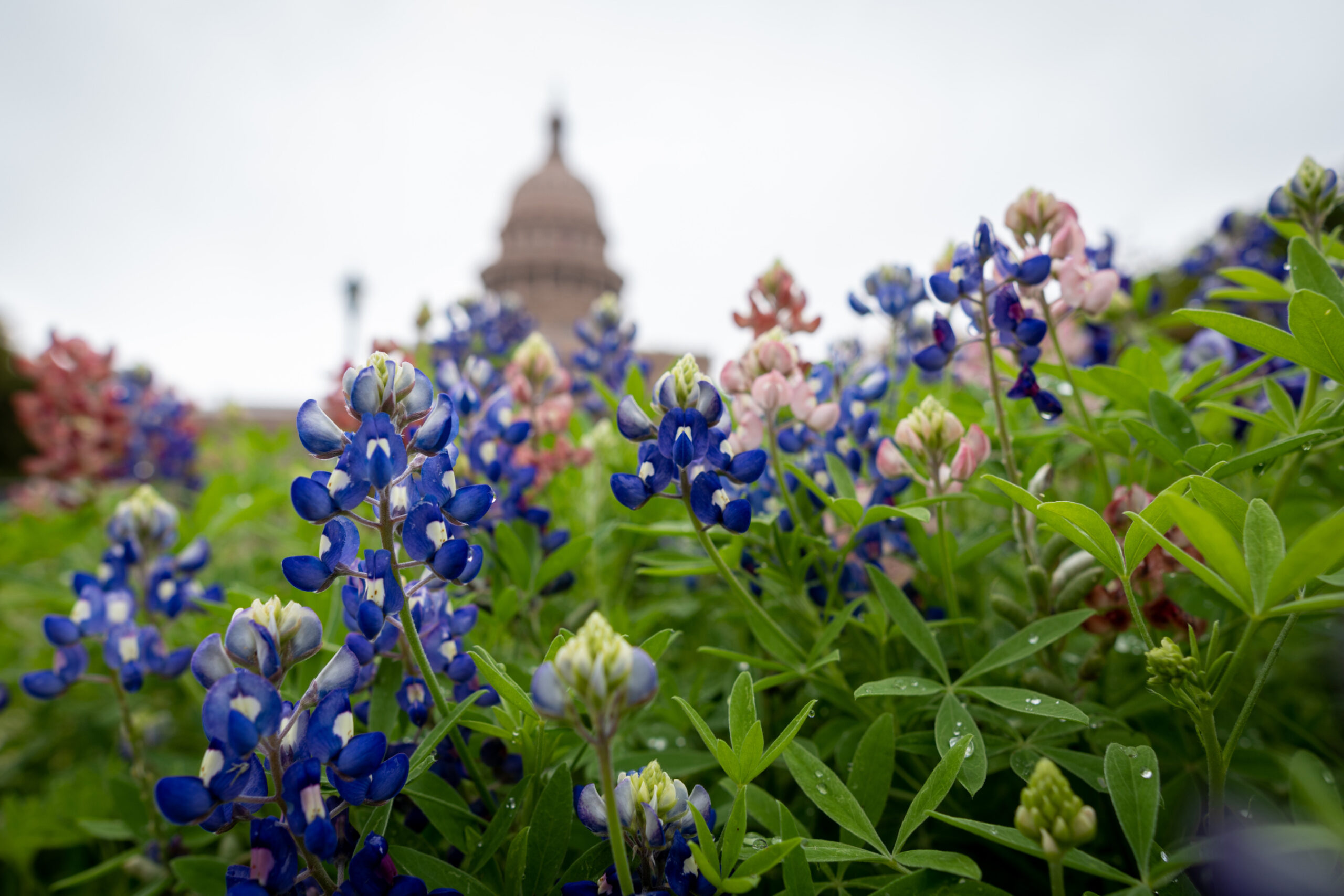

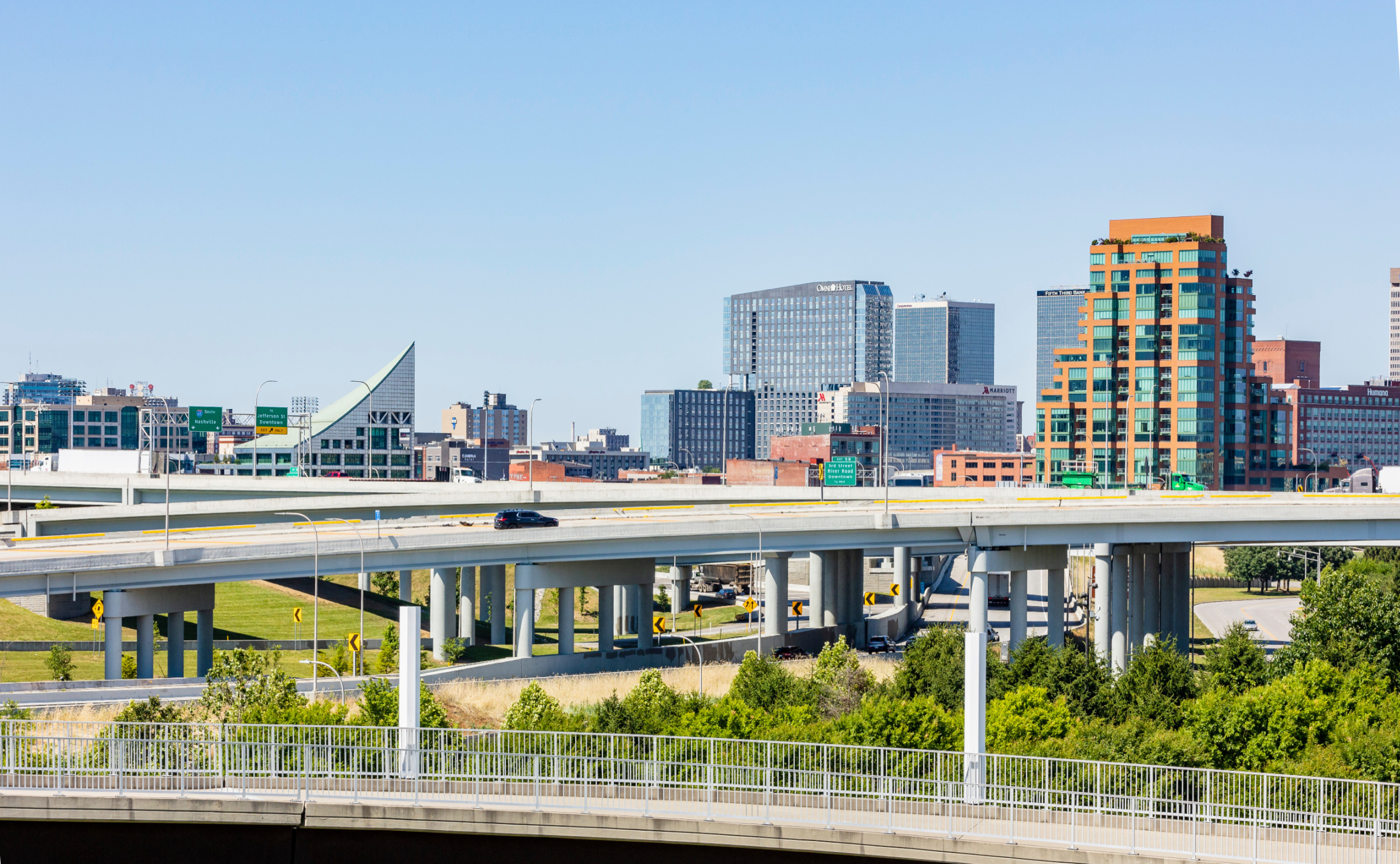

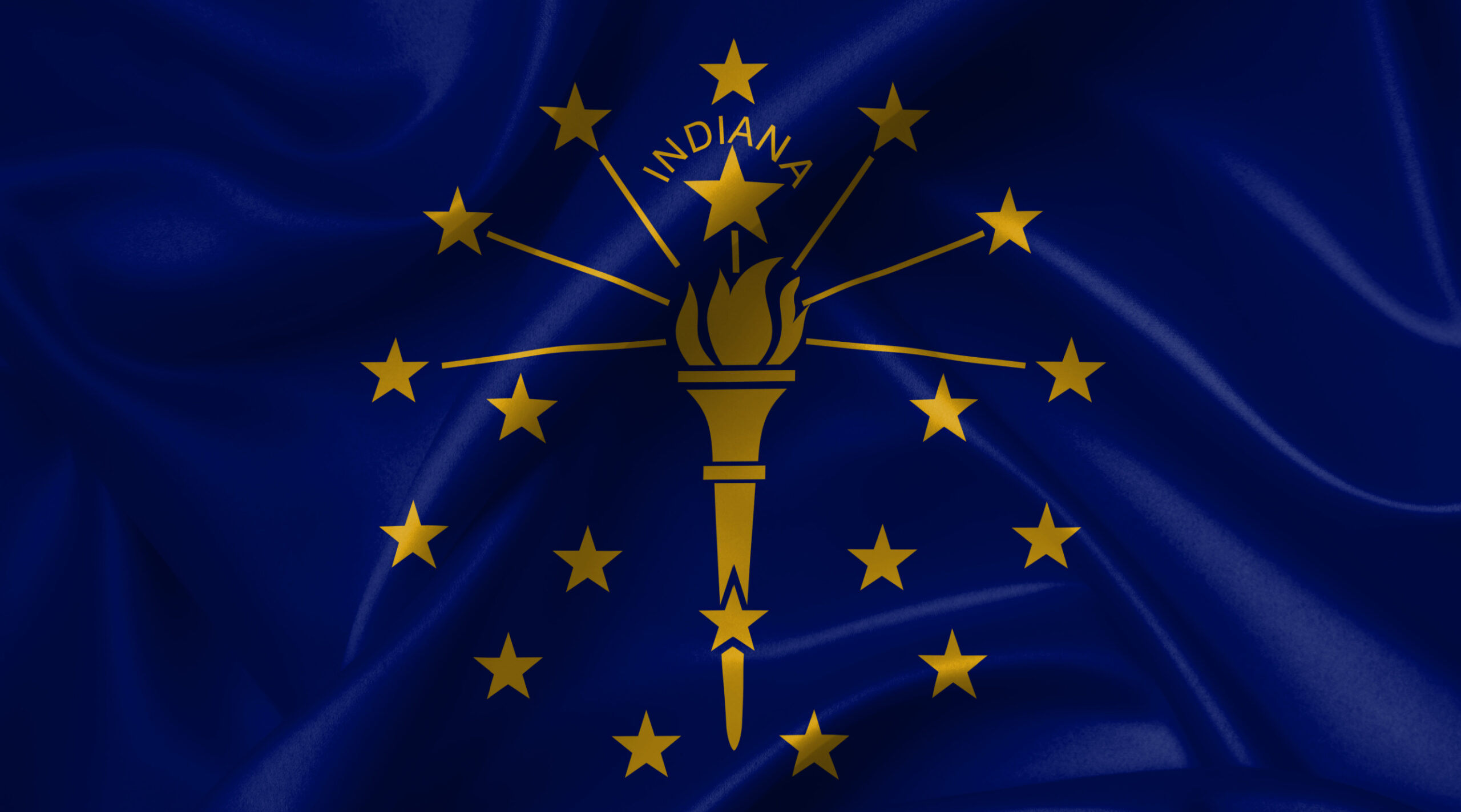
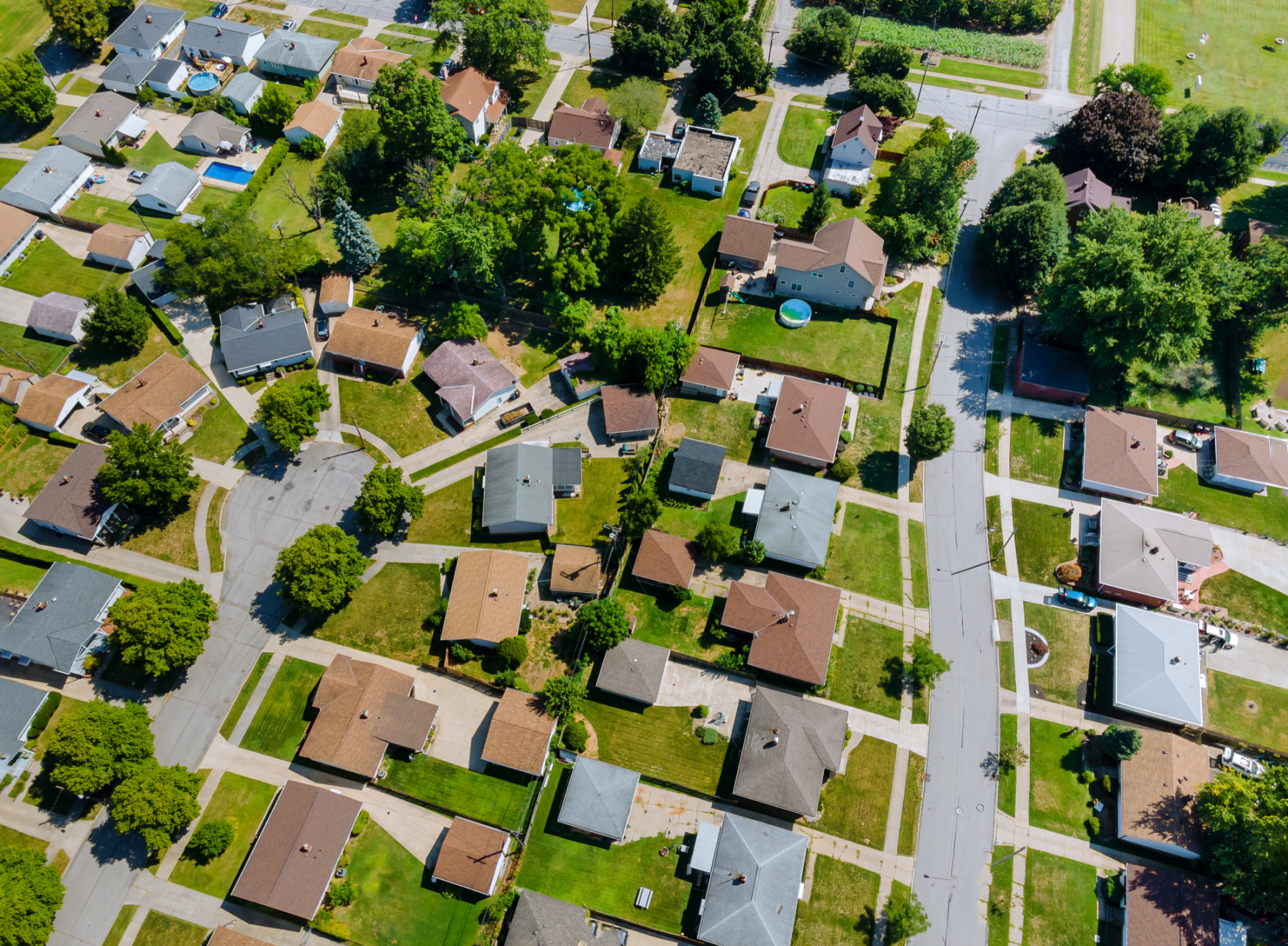
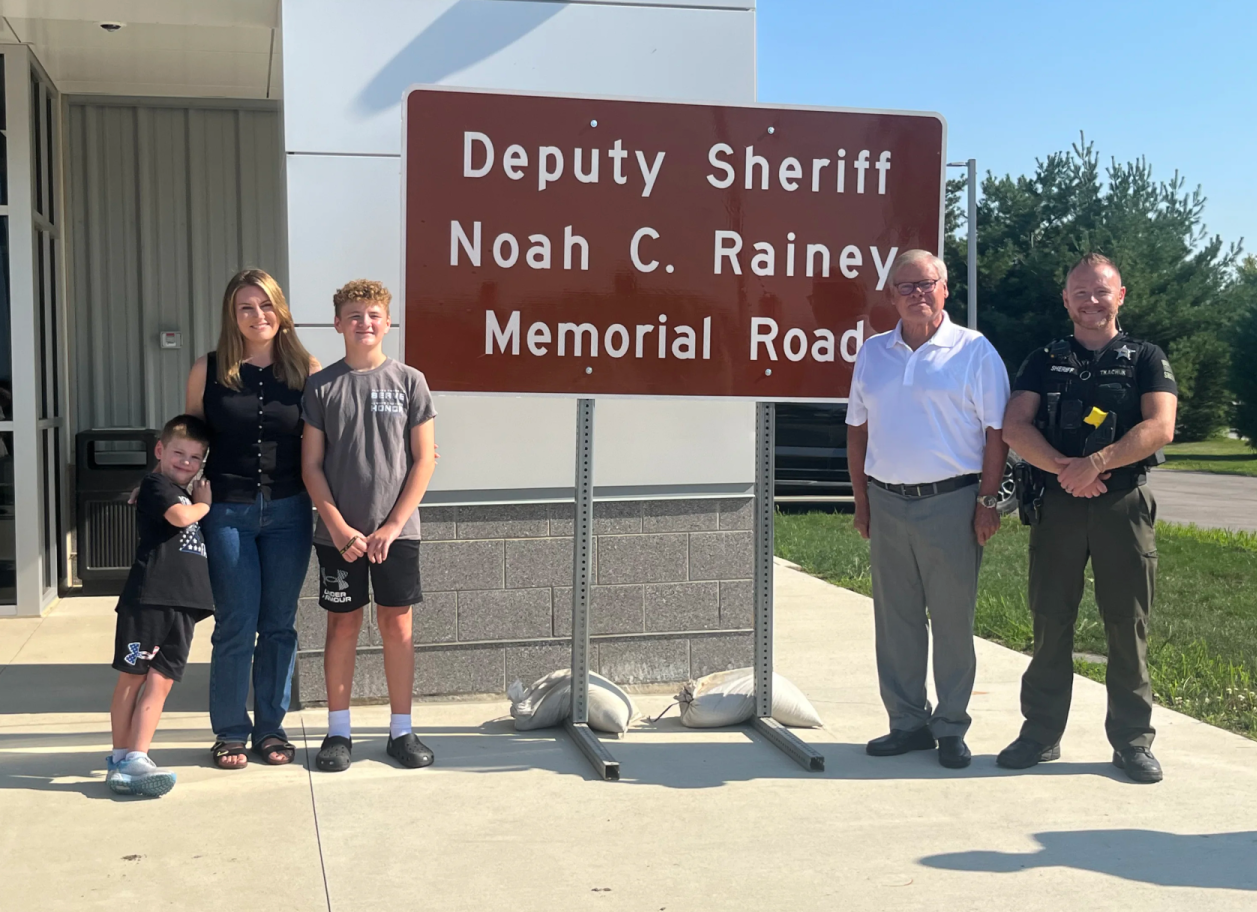

BE THE FIRST TO KNOW
More Content By
Think American News Staff









